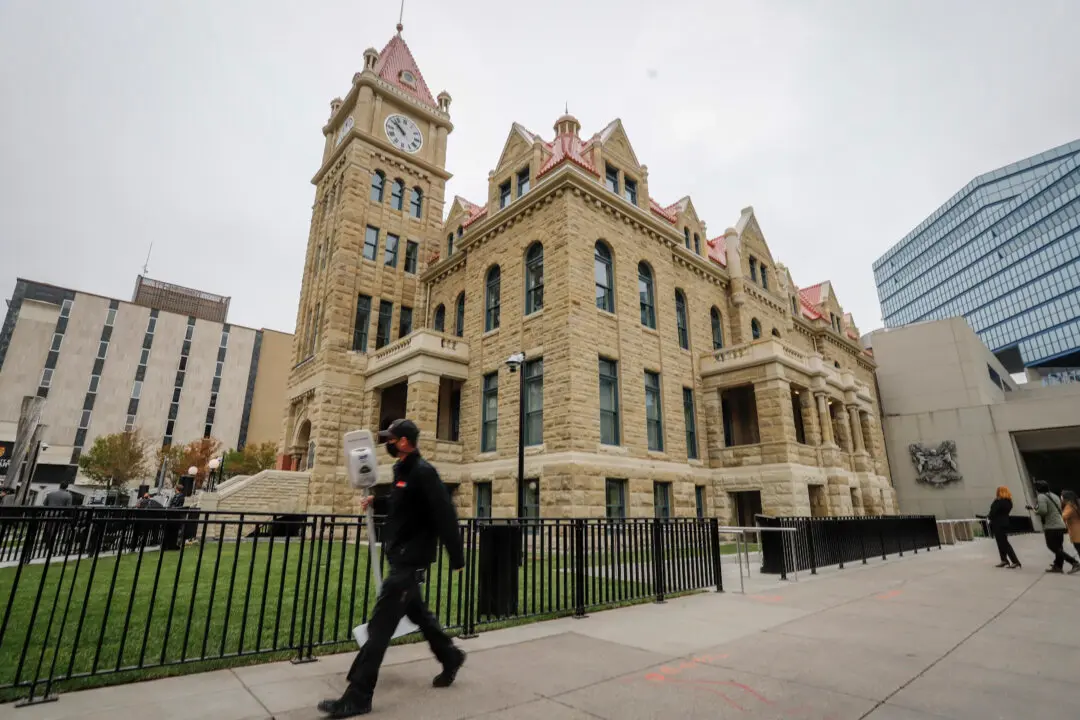Alberta’s premier is calling on the City of Calgary to rethink a bylaw that was designed to reduce waste from businesses.
The single-use bylaw came into effect on Jan. 16, 2024, and requires restaurants, grocery stores, cafes, drive thrus, and retail shops to ask customers if they want single-use items like cutlery and napkins.





